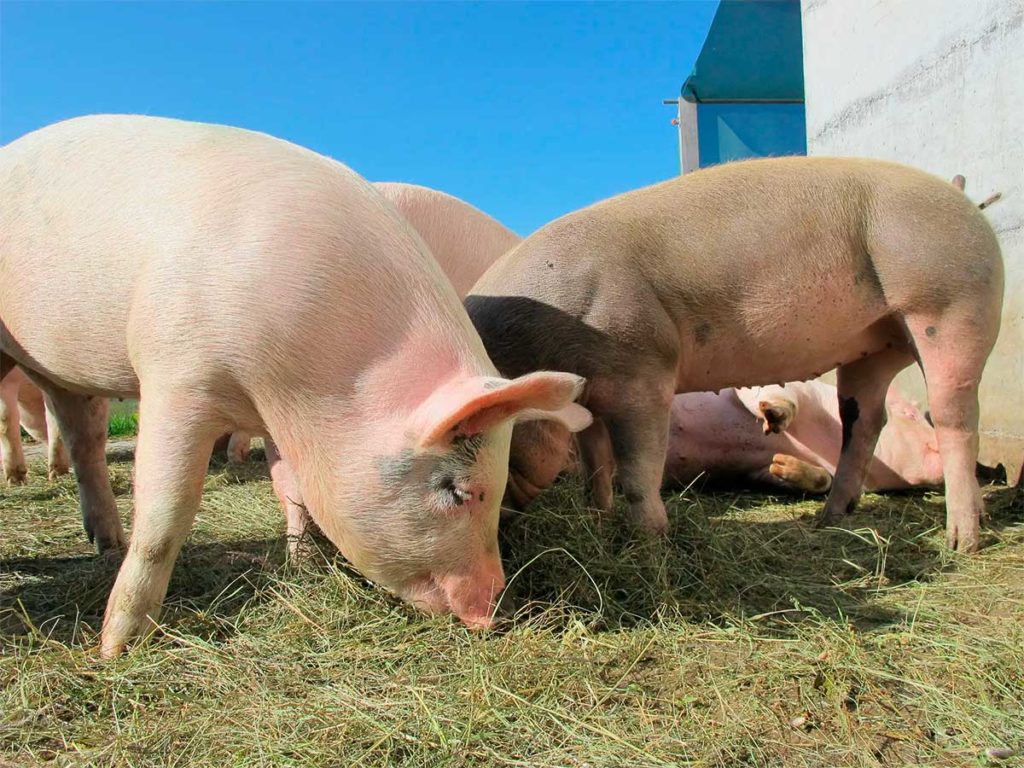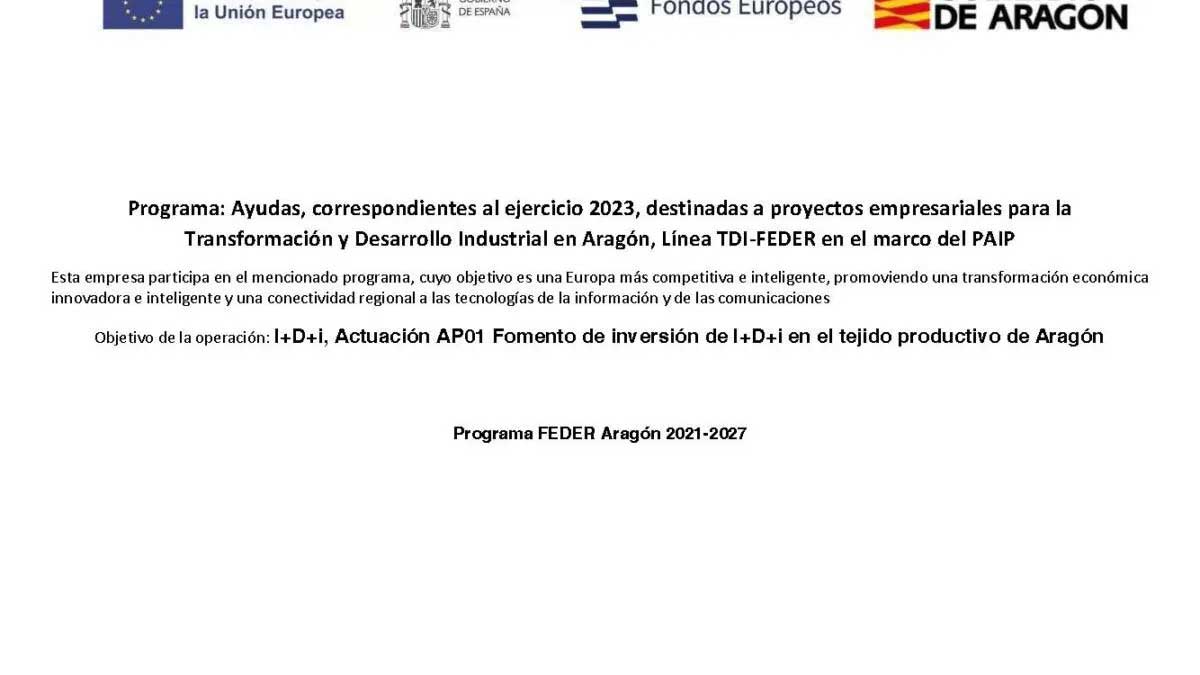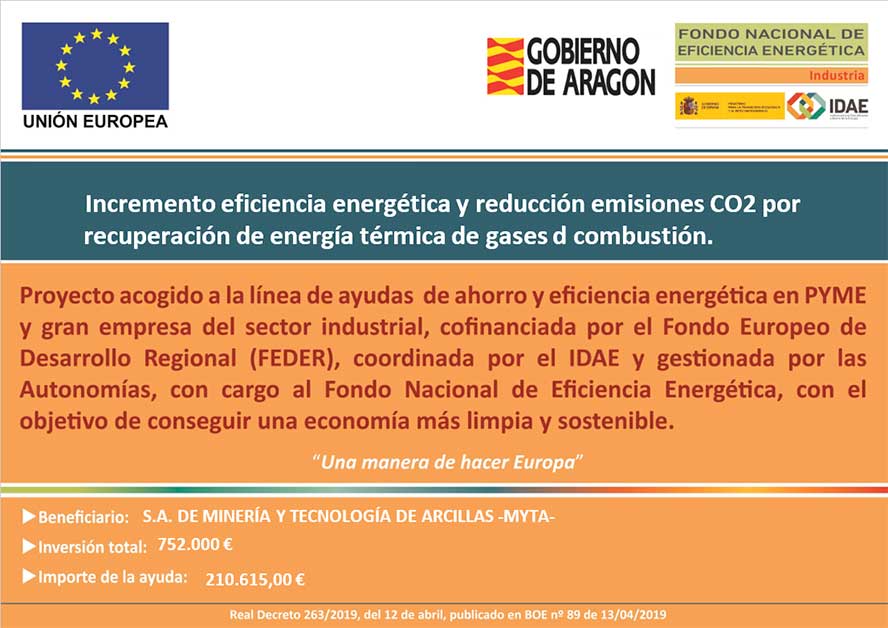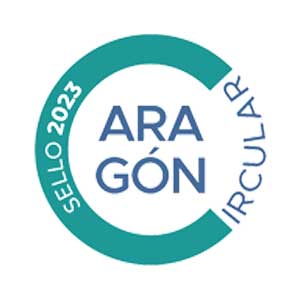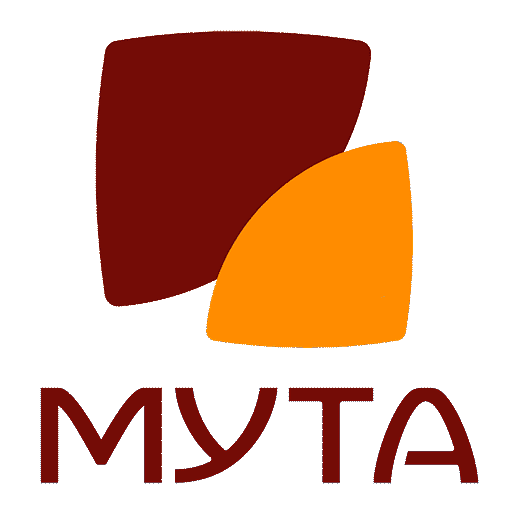In intensive pig farming, feed efficiency and profitability are two key terms. Feed represents the most important fraction of production costs (between 65-75%). Therefore, good nutrition management is the base of profitability success. The diets have to be balanced, without deficit or excess in the necessary nutrients.
In intensive farming in general, and in pig farming for fattening in particular, a good feeding management can improve and increase the growth and efficiency of the production process. Therefore, to improve feed quality, in the last decades, the use of natural additives in diets for pigs has generated significant interest because of their positive and safe effects to protect animal health, human health and the environment.
Technological additives are defined as any substance added to feed for technological purposes to improve its appearance, texture, etc., however, in addition to these effects, these additives may contribute to the improvement of animal performance.

The sepiolitic clay from MYTA (additive 100% natural), which is registered as E 563 and is marketed under the trade name of ADCLAY for animal feed, it was observed that in addition to its technological effect, this additive generates various positive effects on other parameters, among them the improvement of animal growth. Thus, in a study carried out by MYTA evaluating the effect of the inclusion of sepiolitic clay in the diet on the fattening parameters and on the characteristics of the pig carcass, it is observed that the inclusion of 2 and 4% of sepiolitic clay in the diet of these animals had a significant positive effect on the average daily gain, which means that the pigs fed with diets supplemented with sepiolitic clay had better growth than those from control. In addition, the feed conversion ratio was numerically low with the treatment that included 2% of sepiolitic clay, which means that this treatment is the more profitable economically. In addition to these positive effects on growth, this additive has no contraindication on animals because it is an inert and insoluble product.

